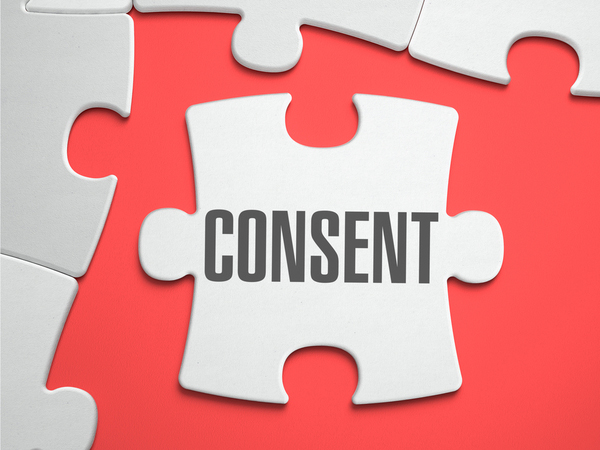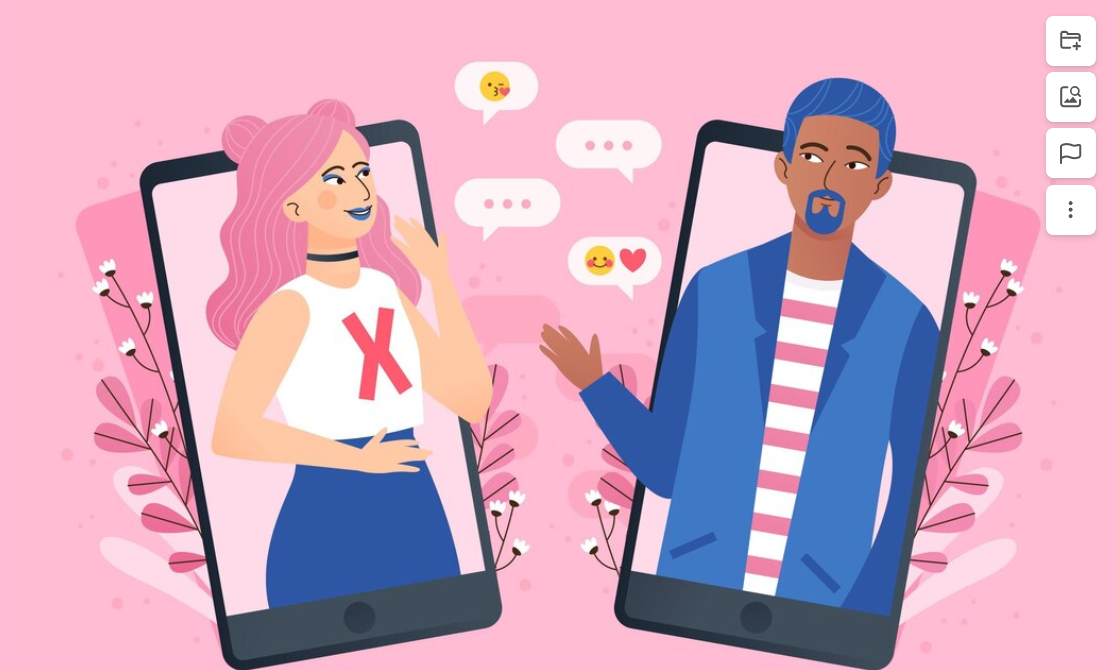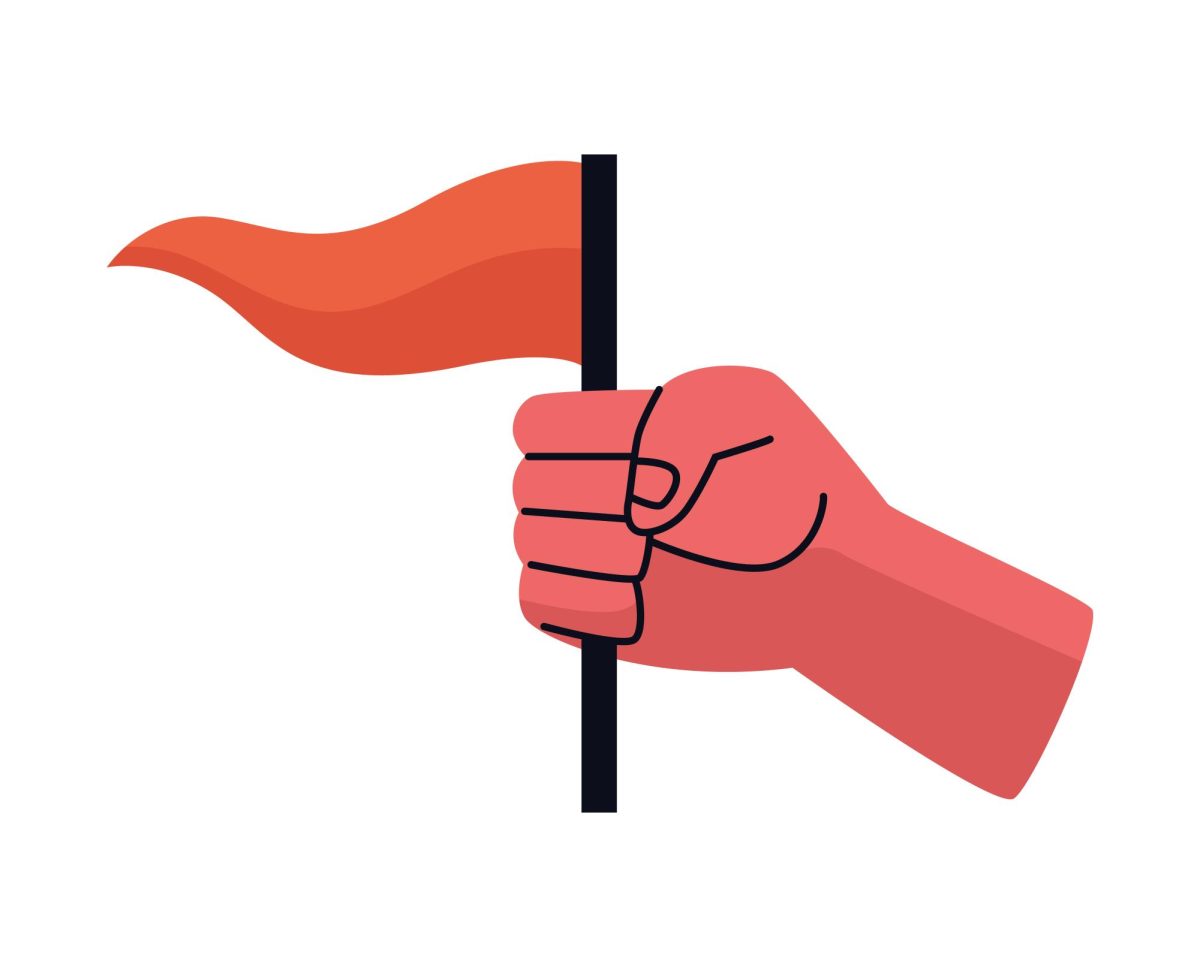Ahead of the month of love , there’s one topic that should be on everybody’s lips: consent. Consent, on its face, is pretty simple: any activity needs everyone involved to agree to engage in that activity. Of course, a “no” is the end of any romantic or sexual encounter.
But what if the “yes” comes attached to a power imbalance?
You likely have (or know someone who has) been pressured into doing or saying something that you didn’t want to.
This pressure, unfortunately, also sometimes affects the romantic and sexual decisions of people – especially vulnerable groups. In some cases, someone may propose or ask an individual on a date in a large group, hoping that they will feel uncomfortable turning down the offer in front of others and thus say yes. In other dynamics, there is a power imbalance where one party is vulnerable to the authority of another party. Think supervisor/employee, mentor/mentee, teacher/student, and so on.
Sometimes, a person in a position of authority may use their authority to pressure someone under them to do things by threatening rewards or punishments. For example, a supervisor enticing an employee to give them sexual favors by insinuating or promising that they will be considered for an upcoming promotion is coercion and not consent, even if the subordinate person agrees to it. It is called “quid pro quo” (“this for that” in English), it is sexual harassment, and it is illegal.
External pressure is not the only thing that can affect one’s ability to consent. Given the climate surrounding sex in our society, your internal voice can easily be shaped by what you see and hear on a daily basis. If you continually see people talking about how it’s rude to leave your date with “blue balls,” it’s not a stretch to see how you could start to feel like you have to sleep with your dates when you don’t want to, even if you know they would respect you declining their advances.
Likewise, you may feel guilty, shameful, or a variety of other negative feelings if you choose to have sex when you’re bombarded online or in person with information about how having the type of sex you enjoy, at your age, at your weight, with your identity, etc. is wrong.
It’s important to understand that the only person who gets to decide when, where, how, and with whom you have sex with is you–of course, with the freely given consent of your partner(s).
To further understand consent and sexual coercion, hear from the experts at the Rape, Abuse, and Incest National Network (RAINN). They have articles on what consent is and is not and how to respond if someone is pressuring you. Additionally, they offer free and confidential support for victims of sexual abuse.










